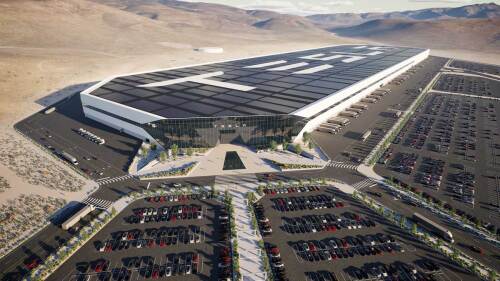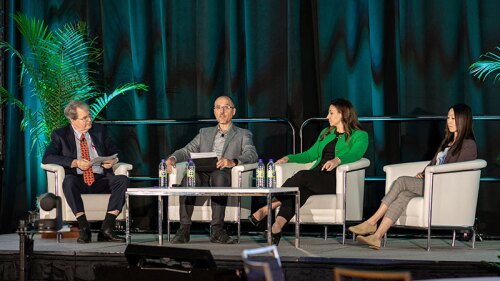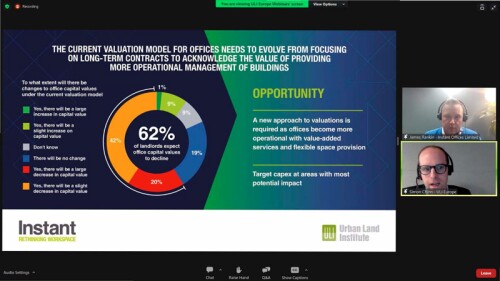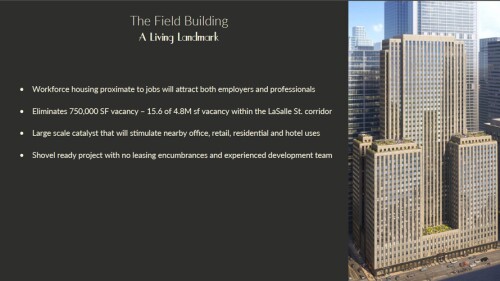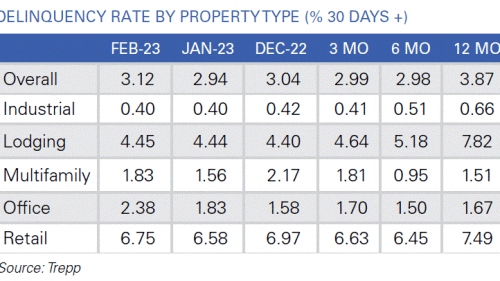Economic Development
One of Singapore’s most vibrant districts demonstrates how public/private partnerships and the community can shape the built environment.
Nevada, long synonymous with tourism and entertainment, is rapidly transforming into a manufacturing powerhouse. Spearheaded by Tesla’s massive gigafactory, the state has become a magnet for EV production, battery manufacturing, and other industrial sectors. With strategic incentives, a business-friendly climate, and prime geographic location, Nevada is luring companies away from high-cost states like California. However, challenges such as water scarcity and federal land ownership must be addressed to sustain this burgeoning industry.
The second half of 2020 through to the following year was probably the busiest investment period in the two decades at Brookfield in the Asia Pacific region, according to the investment management firm managing partner and chief investment officer Lowell Baron. Baron spoke at a fireside chat session at the 2023 ULI Asia Pacific Summit opposite moderator Radha Dhir, JLL’s CEO and country head for India.
ULI Asia Pacific Young Leaders hosted a forum on housing attainability in May with a focus on Australia, China, and Singapore. The event started with a short presentation by Ken Rhee, Senior Director of ULI China and the primary author of the newly released 2023 ULI Asia Pacific Home Attainability Index.
For some members of the ULI Foundation’s Governors Society, philanthropic giving is a way to support the Institute’s efforts to remedy the worldwide shortage of attainable housing, reduce carbon output to fight climate change, and educate a diverse future generation of leaders for the real estate profession. For other governors, their philanthropy is a gesture of gratitude for the role that ULI has played in their professional careers and achievements, or a way to honor friends they made through the organization. And some just want to be an inspiration to other ULI members.
In the heart of Toronto, a revolution is unfolding underground. Beneath the bustling streets and towering skyscrapers, a network of pipes is tackling the climate crisis. The story of Toronto’s Deep Lake Water Cooling system and its potential to reshape the approach to sustainable development was told during a session at the ULI Spring Meeting in Toronto.
The development of Zibi, a master-planned development under construction in Ottawa on 34 acres (14 ha) of waterfront property is relying heavily on feedback from the community, including consulting with Indigenous people, panelists said at the 2023 ULI Spring Meeting.
Participants in a recent ULI webinar highlighted a new research report, Bridging the Occupier Landlord Gap for the Future of Workspace, which analyzes how changing occupier behavior and broader macroeconomic trends are affecting the demand for office space.
The Real Estate Economic Forecast, produced by the ULI Center for Real Estate Economics and Capital Markets, is based on a survey conducted in April 2023 of 41 economists and analysts at 37 leading real estate organizations. According to the survey, the U.S. economy will slow in 2023 and 2024, with recovery expected to begin in 2025. The real estate market will follow suit, with flat to negative results over the next two years, followed by mostly positive news in 2025.
When the Field Building on Chicago’s LaSalle Street opened in 1932, it was a technological and architectural marvel, with high-speed elevators, drinking fountains, and even air-conditioning, a first for the city. Nearly a century later, the 1.3-million-square-foot (120,774 sq m) Art Deco landmark is a pioneer of a different sort.
In March, ULI member leaders based in Shanghai, China, engaged in a discussion on how China’s real estate market has been recovering since end of the “zero COVID” policy in December.
Office property owners who were able to weather the worst of the COVID-19 pandemic are crashing into a hard reality wrought by sharply lower demand and higher interest rates. Undercurrents of stress are now emerging in the form of defaults.


